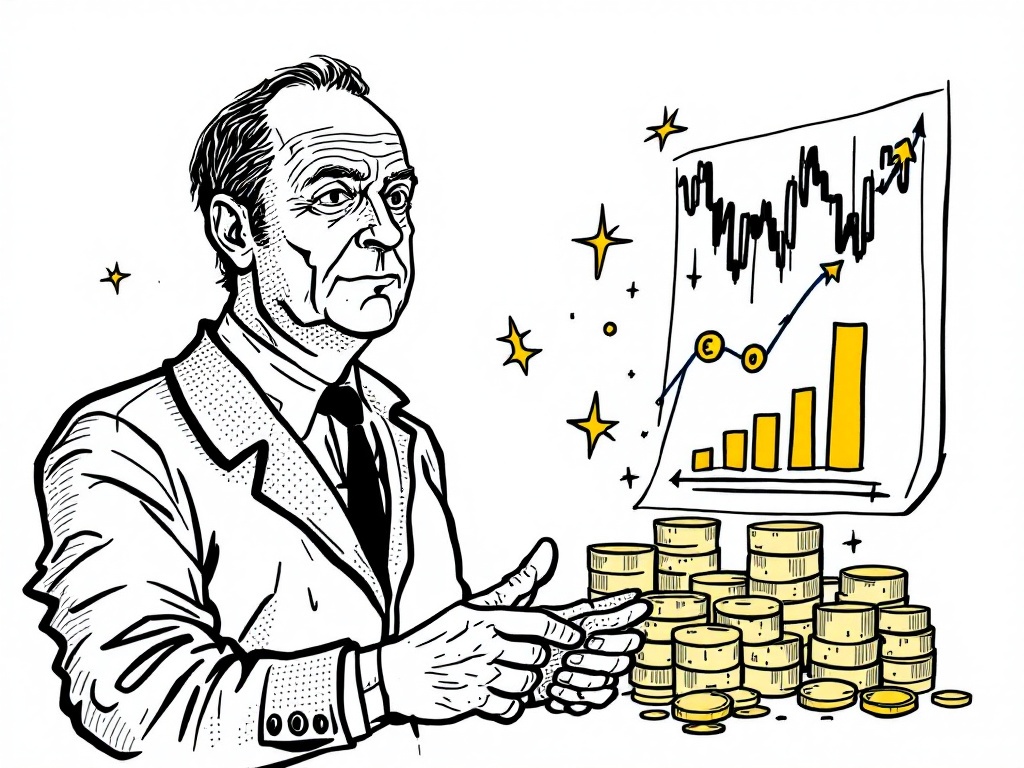Friedrich Merz Warns of Impending EU Financial Crisis as German Election Nears

Berlin, Tuesday, 18 February 2025.
German politician Friedrich Merz warns of a potential EU financial crisis, citing excessive government debt, just days before Germany’s federal election on February 23, 2025.
Looming Economic Crisis
Friedrich Merz, the frontrunner in Germany’s upcoming federal election, has issued a stark warning about an imminent financial crisis in the European Union. ‘The next financial crisis is definitely coming,’ Merz declared in a recent interview [1]. His concerns stem from the alarming levels of government debt across several EU nations, with six countries - France, Italy, Greece, Belgium, Spain, and Portugal - currently maintaining debt levels exceeding their annual economic output [1]. This warning comes at a critical time, as polls show Merz’s Christian Democratic Union (CDU) leading by up to 10 points ahead of the February 23 election [4].
Defense Spending and Economic Challenges
The financial situation is further complicated by mounting pressure for increased defense spending. Merz has acknowledged that Germany will need to allocate an additional €30 billion annually for defense [1]. This comes in response to recent U.S. demands for NATO members to increase their defense spending to 5% of GDP [2]. The economic challenges facing Germany are multifaceted, with high energy prices and increasing competition from China adding to the pressure [4]. Against this backdrop, Merz has made economic revival a cornerstone of his campaign, pledging to ‘reboot Germany’s large economy after years of uncharacteristic stagnation’ [2].
Political Tensions and European Response
The severity of the situation has prompted an emergency European summit in Paris, convened by French President Emmanuel Macron [3]. The summit, bringing together leaders from major European nations, NATO representatives, and EU officials, underscores the growing concern about the continent’s security and economic stability [3]. Meanwhile, the German election campaign has become increasingly polarized, with recent protests involving hundreds of thousands of citizens demonstrating nationwide on February 3, 2025 [5]. These demonstrations were sparked by concerns over Merz’s approach to migration policy and his controversial interaction with the far-right AfD party [5].
Election Implications
As Germany approaches its federal election on February 23, the outcome could have far-reaching implications for both domestic and European economic policy. Merz has emphasized that structural reforms, particularly regarding spending on refugees and unemployment benefits, should take priority over debt brake reforms [1]. The election is taking place against a backdrop of increased political violence, with attacks on politicians reaching their highest levels since monitoring began [5]. This combination of economic uncertainty and political tension has created what observers describe as an unusually charged campaign atmosphere [5].